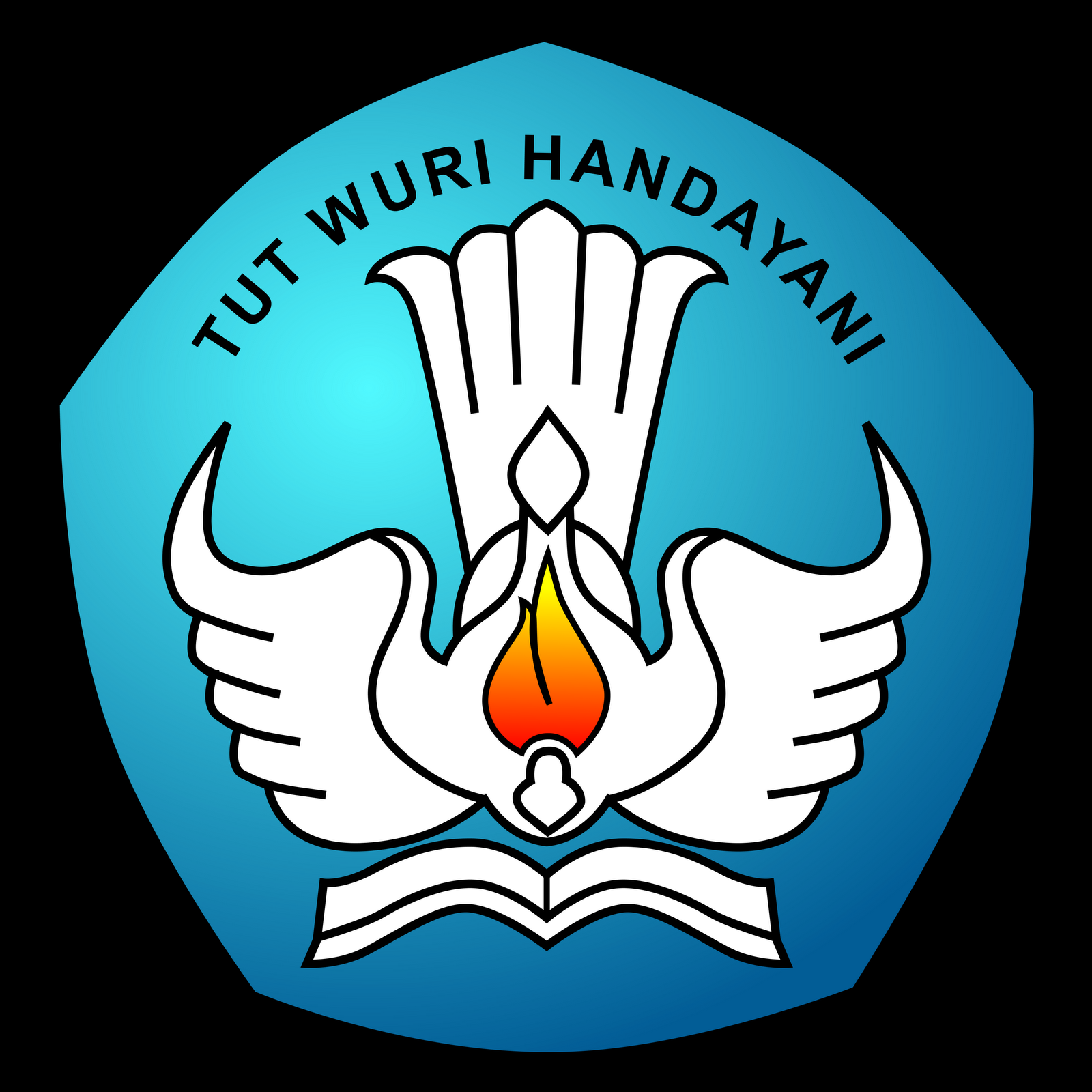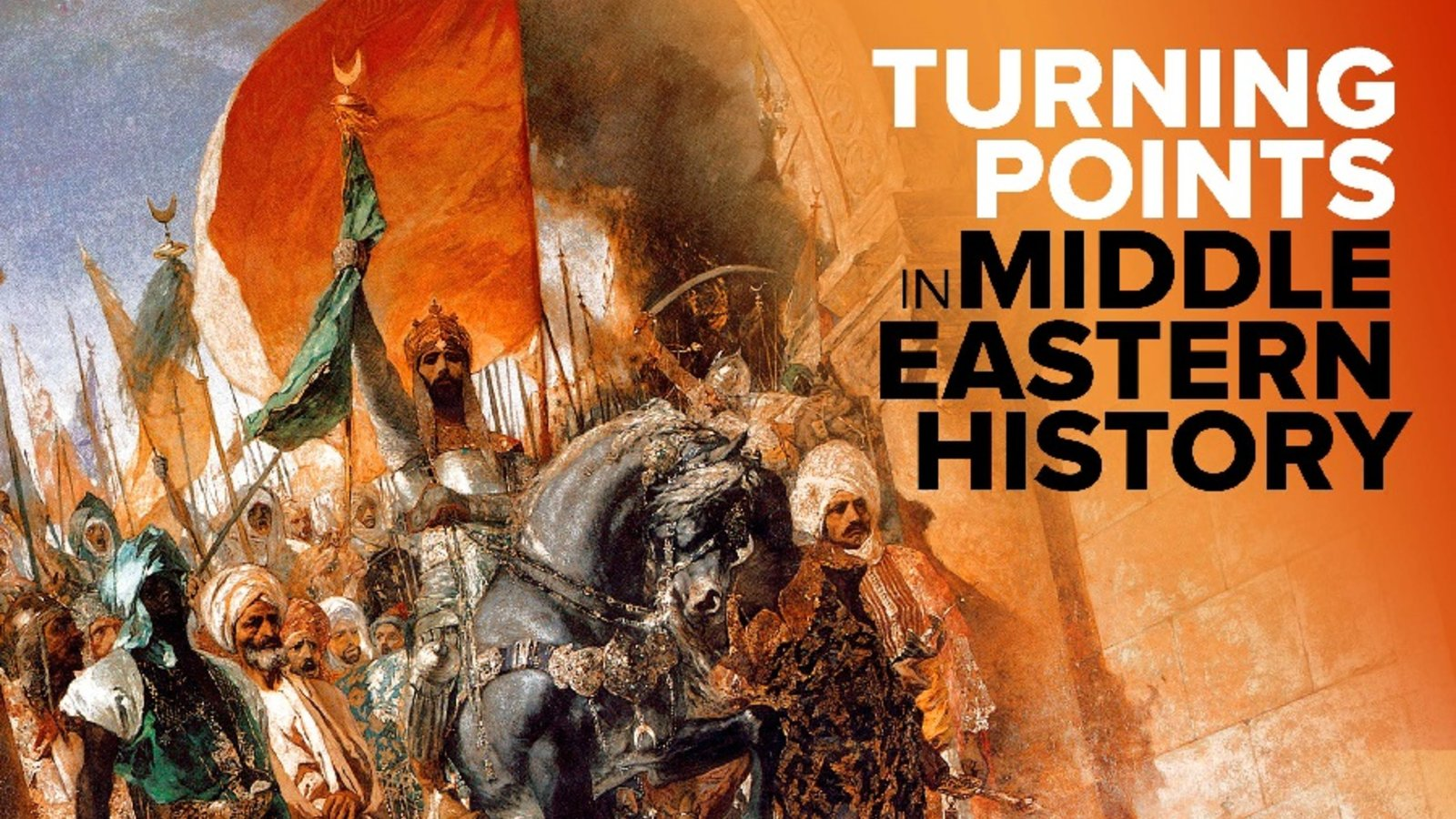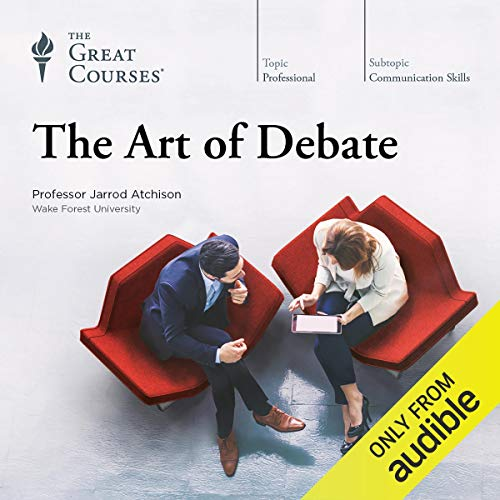Top videos
CompTIA IT Fundamentals+ Course | Module 8 Part 5: Wireless Internet Services
CompTIA IT Fundamentals+ Course | Module 8 Part 9: Configuring a Wireless Network
CompTIA IT Fundamentals+ Course | Module 9 Part 7: Linux
CompTIA IT Fundamentals+ Course | Module 9 Part 10: Using Operating Systems
CompTIA IT Fundamentals+ Course | Module 15 Part 3: Pseudocodes
CompTIA IT Fundamentals+ Course | Module 15 Part 4: Programming Languages
CompTIA IT Fundamentals+ Course | Module 16 Part 2: Functions of a Database
CompTIA IT Fundamentals+ Course | Module 18 Part 5
CompTIA IT Fundamentals+ Course | Module 20 Part 3
Presentasi Kritik Tari
The dazzling empire of the Ottomans was the longest-lasting empire in Middle Eastern history. Learn about the dream of Osman, the Ottomans' founder, which impelled him to establish what became a transcontinental superpower. Grasp what allowed the Ottomans to thrive and to spread across Anatolia, North Africa, and Eastern Europe.
Examine the motives of France and of Napoleon for the massive invasion of Egypt in 1798, and witness the two primary military engagements that ensued. Take account of the impacts of the French occupation, and of the phenomenal work of scholarship under Napoleon that gave birth to the field of Egyptology.
In many great debates, there is a devastating moment where one side clearly out-maneuvers the other. "Flipping the warrant," which requires the highest level of analytic argument, allows you to destroy your opponent's argument by showing that their proposal, rather than solving a problem, will actually make things worse.
Although they are two separate fields, the art of debate sometimes employs formal logic with great success. In this lecture, see how "conditional argumentation," a way of employing if-then statements to argue a point, lets you acknowledge a point without agreeing to it-a line of argument that pairs well with "even-if" arguments.





